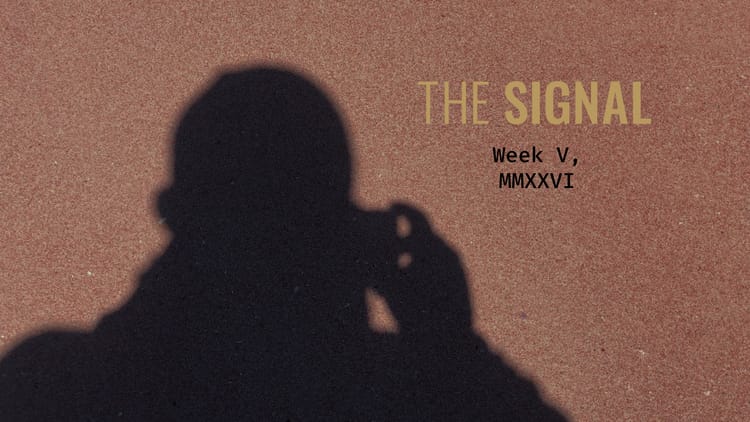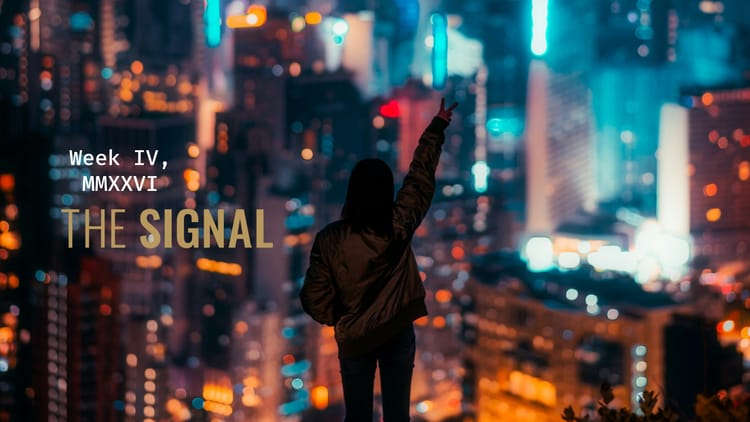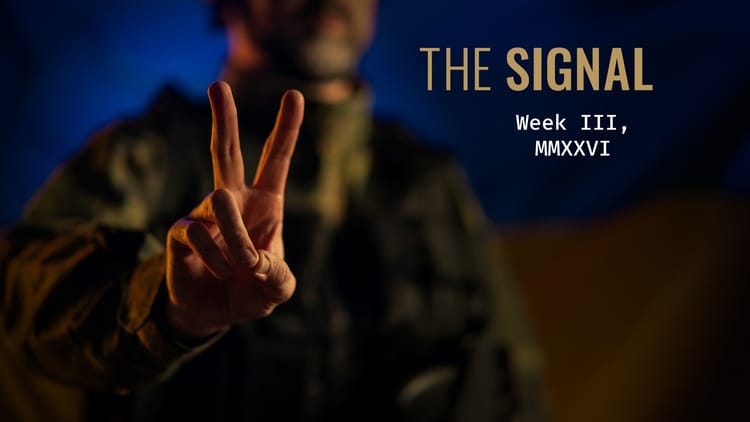First drafts

This week: Is American political violence at a new point of danger, or playing out old patterns at digital speed? What do recent foreign military strikes by the U.S. and Israel say about sprawling executive powers. & Why Nepal’s government collapsed so fast—and what it means about the gap between apparent stability and actual resiliency in interconnected systems.
Also: Trita Parsi on how Iran’s standoff with Israel and the West is affecting everyday Iranians’ feelings about the regime. Matthias Matthijs on why France is stuck in political crisis. Gloria Mark on how consumer technology is making us more error-prone, more stressed, and less productive. Hywel Mills, with an update on our migration to Ghost. & John Jamesen Gould on what’s ahead.
& Weather report: 31.1704° N, 72.7097° E …
+ Cultural intelligence: Is China’s economy becoming as strong as America’s? Branko Milanović’s The Great Global Transformation: National Market Liberalism in a Multipolar World. For the last time (?!), new music from Saint Etienne? &c.
Briefing
What’s happening, September 6-12
Present tense
The question of political violence in America
Utah authorities arrested Tyler Robinson, 22, on Thursday night in connection with the assassination of American political activist Charlie Kirk at Utah Valley University this week. Robinson apparently confessed to relatives and left messages engraved on a set of bullet casings—the one he fired and several others: a curious mixture of antifascist references (“Bella ciao,” “Hey fascist! Catch!”) alongside phrases and symbols representing internet meme culture and video-game controller sequences.





